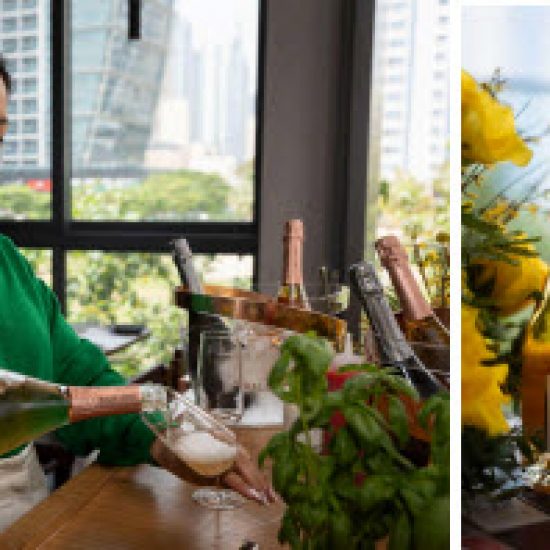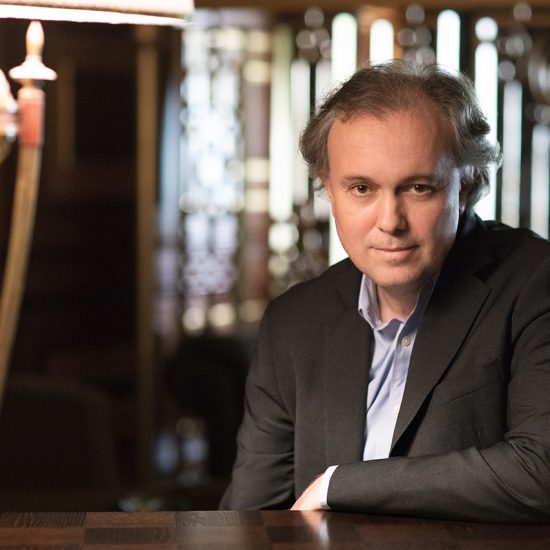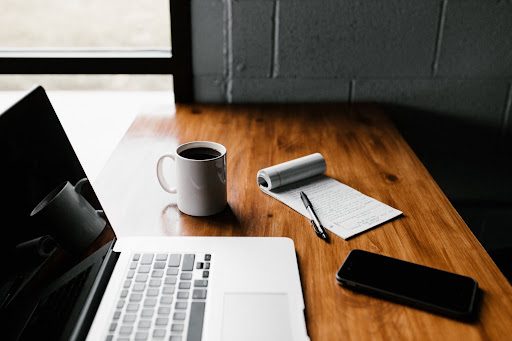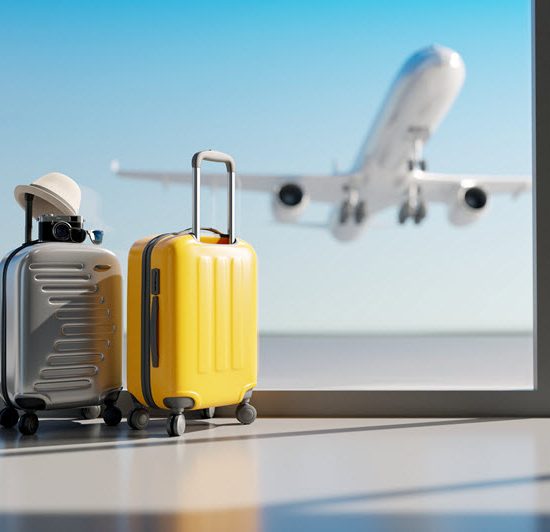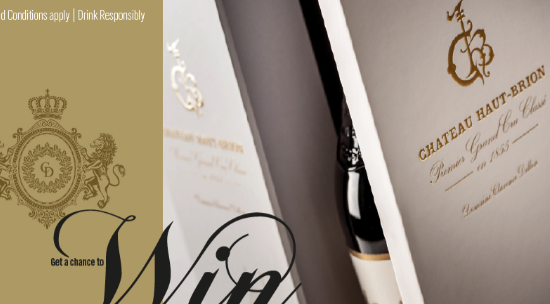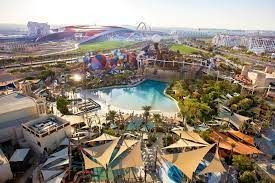In a country that is becoming increasingly modern and globalised, there is a renewed focus on what it means to be Emirati and what can be done to preserve local heritage. This weekend, the courtyard of Al Ain Palace will be transformed into a traditional market, with food stalls and demonstrations of traditional medicine practices, such as hijama and tajbeer splinting, for the campaign “My Heritage, My Responsibility.”
The event is part of a series launched in January, which encourages the preservation of Emirati culture and aims to make the country’s intangible heritage accessible to all.
The campaign raises the question of whether traditions are disappearing or surviving. The trappings of traditional life are evident in the shimmering tailor shops of Al Ain and the swordsmiths of Ras Al Khaimah’s old town, but can they be found in the tangle of Abu Dhabi and Dubai’s high-rises?
Newspaper headlines and social media warn of cultural erosion and changing values. Yet, the traditional food, clothing and medicine on display on Friday (March 31) at Al Ain Palace remain an integral part of Emirati daily life across the country. Don’t be fooled by glass skyscrapers: some things are just too good to go out of fashion.
Food
“Culture’s not something that ever finishes,” says Muna Salem, 35, a housing officer from Bani Yas. “It’s still here.” Muna and her sister, Fatima Salem, 29, are not nostalgic for the past, but they are pragmatic. Fatima recently opened her own bakery, Milky Cookies, in Al Ain, selling cakes filled with flavours that we may come to associate with the Emirates of the 21st century – Nutella and Kinder Chocolate. But at home, tradition rules, and for the Salem sisters, traditional is all about slow-cooked stews and spices – dried lime, saffron, ginger, turmeric, cardamom, cumin, cloves and chilli.
Originally, Emirati food was basic, often just dates and fish, but the Indian Ocean spice trade changed this, and flavours from Iran, India and Zanzibar have pride of place in any Emirati kitchen.
Muna’s favourite is harees, gooey chicken porridge. “For me, I can eat harees for breakfast, lunch and dinner,” she says. Like so many Emirati dishes, harees takes hours to cook, so it is reserved for weekends and special occasions. Muna tells me how her mother’s shoulder aches after hours of stirring. “My poor mother, she has pain here.”
Muna and Fatima love to cook Emirati dishes, but full-time work keeps them away from the kitchen. So they have favourite restaurants in Abu Dhabi, such as Al Mirzab and Lgymat & Rgag on Airport Road, which offer homestyle Gulf food.
Medicine
Muna goes to Khalifa City A for hijama, a practice mentioned in the hadith where blood is suctioned into cups. Fatima’s colleague uses hijama to treat her migraines. The sisters both visit a herbalist regularly.
Holistic medicine never went out of style in the Gulf. Some families still have an elderly relative who practises traditional massage or wasm, cauterisation with small irons, that was once used as a common cure-all. But prevention is better than cure, and this is why people pay regular visits to herbalists such as Ikram Dawood at the Mina Zayed Port in Abu Dhabi.
“It’s just like in Iran, they use spices as medicine here,” says Dawood, 32, who sells spices from a small corner in the tented Iranian market. Originally from Shiraz, Dawood took over his father’s herbal-medicine business at age 17. He and his friend, Mohammed Ahmed, offer cures such as turmeric for joints, sage for digestion, haba al hamra for pregnancy, and black fennel seeds for overall well-being.
Market
Heritage markets will sell sadu weavings and clay frankincense burners made by local women. The small Iranian market, where Dawood works, sells things less than glamorous. To bewildered tourists expecting an old-fashioned souq, the collection of made-in-China plastics can be a disappointment. But for the desert traveller, this is the place to shop: water canisters, firewood, strings of teapots, long ladles, majlis cushions and small finjan coffee cups adorned in the familiar geometric and floral patterns of khaleeji kitsch.
“The souq’s run down, but people want these things and they come every day and they buy,” says Dawood, whose father came to the UAE 40 years ago. His father sold fabric until the ready-made clothing shops arrived, and visits to the tailors dropped. So, 15 years ago he switched the family business to medicinal spices that have stayed in demand, despite the souq’s dwindling business.
Dawood’s shop is unique at the Irani souq. Most of Abu Dhabi’s herbalists are found in a square behind Madinat Zayed Shopping Centre. The most renowned, Food Queen Honey, sells honey for up to Dh1,000 per kilogram, and other traditional treatments such as sulphurous rock, which is a good cure for acne; and dried olive leaves, which can regulate blood sugar levels.
“Yes, people might go to the hospital, but they also come here,” says Yemeni merchant Ishaque Saeed Ali, 22. “They come for strength, for good hair. Honey is in the Holy Quran. If you sell something useful, people will want it and people will come.”
Dress
This maxim also applies to fashion. For men, fashion is little changed. The sleek, crisp lines of the kandura are timeless. For women, fashions fade, but the abaya is eternal – or so it’s commonly believed.
“Kandura, sheila, abaya, bas,” says Nouf Al Kaabi, 14, when she is asked about traditional dress. However, it’s not all black and white.
The black cloak, believed to have originated in Saudi Arabia, has transformed dramatically decade to decade. When Nouf, a grade 10 student from Al Wathbah, thinks of her grandmother, she thinks about long, colourful cotton kanduras.
The polka dots, bold strips and floral patterns of her grandmother’s generation are making their way into contemporary designs.
“They still use it, but in a different way,” says Amna, 22, Nouf’s older sister. Traditional jewellery, such as the spiked bangles called abu showk (father of the spikes), are also back in vogue. “Because no one will forget the traditions,” says Nouf and Amna’s other sister, Sara.
Yet, other essentials to a grandmother’s traditional outfit, such as the burnished burqa mask and loose-fitting cotton trousers called sirwal, have vanished from women’s wardrobes. You can’t wear a sirwal under a pair of jeans. A metallic burqa mask can turn the nose purple.
“Khalas, finish. It’s not in our mood, yanni,” says Nouf.
Nouf, Sara and Amna are the generation that elders worry about. But if you ask them about traditional medicine, they will reel off a long list of home remedies. Amna, a tourism student at UAE University, suggests a clove in the mouth for a toothache, and a poultice of turmeric and salt for broken bones. Sara, a booking agent, recommends a drop of coffee in the hair, from finjan to fingertip, for earaches, and a seed of haba al hamra for infected eyes. When it comes to traditional food, they wax lyrical about balaleet breakfasts (cardamom-spiced vermicelli with egg) and the big family meals that they have every Tuesday.
There’s the rub. People can visit restaurants on Airport Road or the herbalists of Madinat Zayed, but most Emirati culture is best experienced at home. For this reason, heritage festivals and campaigns such as My Heritage, My Responsibility are important. They open a door.
At the end of the day, preservation is about practicality. “We still have culture,” says Amna, “but in a different way.” The sisters add that Emirati culture cannot be reduced to dress, food or medicine. They talk about dialect and manners. Ask about heritage and culture, and their response is typical – it’s not objects that matter, but action. The go-to word is hospitality.
The girls are about to leave the restaurant and then they turn to me and ask: “There’s a wedding in July. Can you come?” Culture, it seems, is alive and well.
The Facts
My Heritage, My Responsibility
What it is: Emirati cuisine, clothing and medicine are on display at Al Ain Palace Museum this weekend. Activities include demonstrations of traditional medicine and visitors can sample Emirati cooking or shop at the traditional market for Sadu weavings, incense burners, coffee pots and traditional clothes. The event is organised by the Abu Dhabi Tourism & Culture Authority.
When: March 30 – 31 from 5pm to 10pm
Where: Al Ain Palace Museum, Al Ain
Contact: 03 751 7755
Anna Zacharias is a journalist based in Muscat, Oman.


 The Iranian market Mohammed Ahmed and his friend Ikram Dawood sell herbal medicine at in Abu Dhabi. Anna Nielsen for The National
The Iranian market Mohammed Ahmed and his friend Ikram Dawood sell herbal medicine at in Abu Dhabi. Anna Nielsen for The National A shopper samples honey the Food Queen Honey stall at Madinat Zayed Shopping Centre in Abu Dhabi. Anna Nielsen for The National
A shopper samples honey the Food Queen Honey stall at Madinat Zayed Shopping Centre in Abu Dhabi. Anna Nielsen for The National